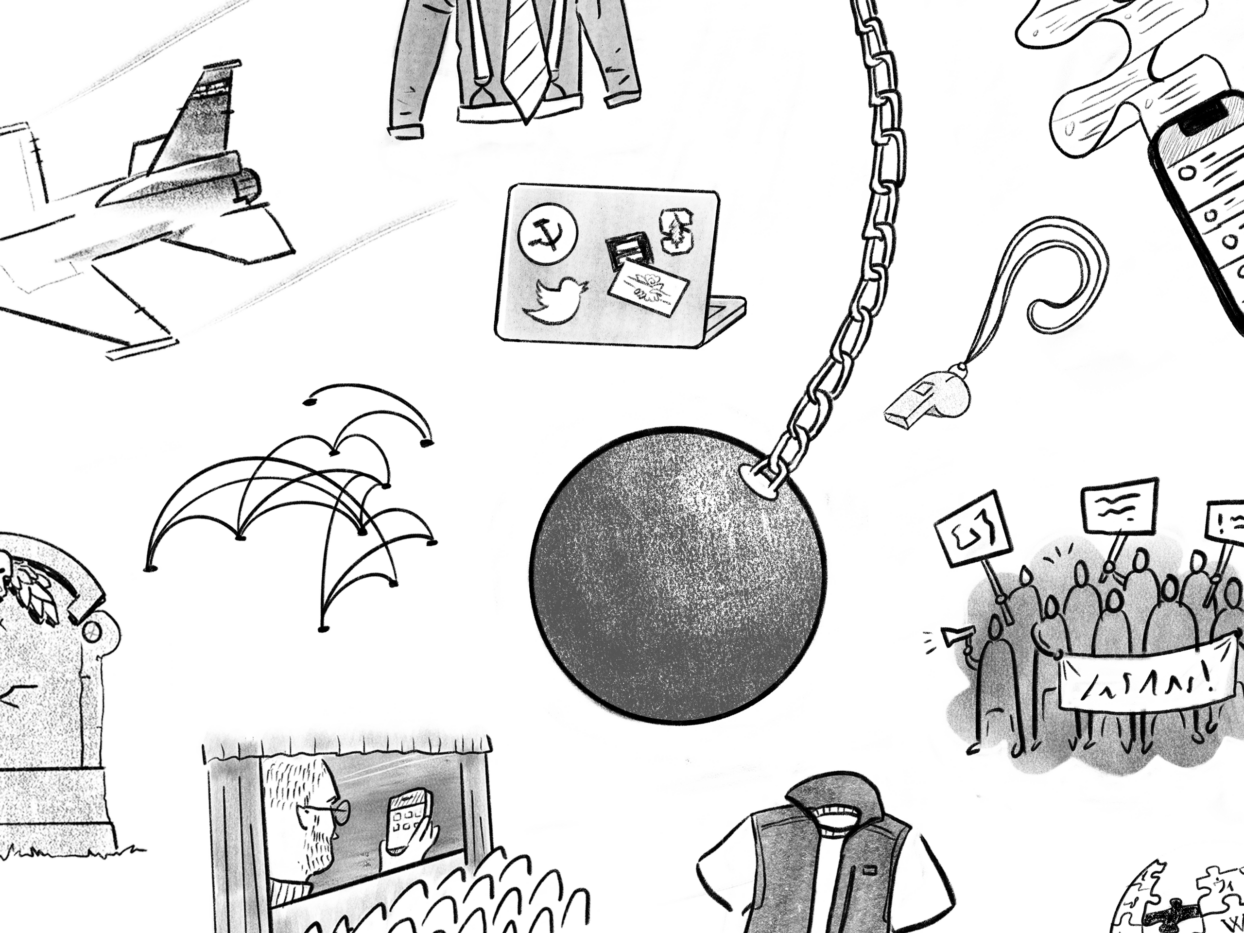
Image by Ivy Sanders Schneider

Image by Ivy Sanders Schneider
The trouble in Silicon Valley goes far beyond the tumult at Twitter and the implosion of FTX; in the sixteen months since Facebook rebranded as Meta, the company has shed thousands of employees, including 11,000 in a single round of layoffs, and has extended its hiring freeze. Across DoorDash, Stripe, Lyft, Salesforce, and other companies, more than 150,000 tech workers lost their jobs in 2022 alone, and stocks have taken nosedives. Forecasting the burst of the Silicon Valley bubble has been a perennial pastime since the late nineties, but the tech optimism that animated the past two decades feels definitively drained today. Companies may still be “moving fast and breaking things,” but startup founders have begun to look more like frauds than philosopher kings.
Though Big Tech is unlikely to forfeit its stranglehold on our lives, attention, and economy anytime soon, it’s clear that something has changed. What happens to Silicon Valley when it’s no longer seen as America’s Eden? How should we understand and contextualize the shift in public perception of Big Tech, as well as the material implications of the downturn? We asked writers — some with experience in the industry, others looking in from the outside — to help think through this turbulent period in tech and what comes next for companies, workers, and all of us.